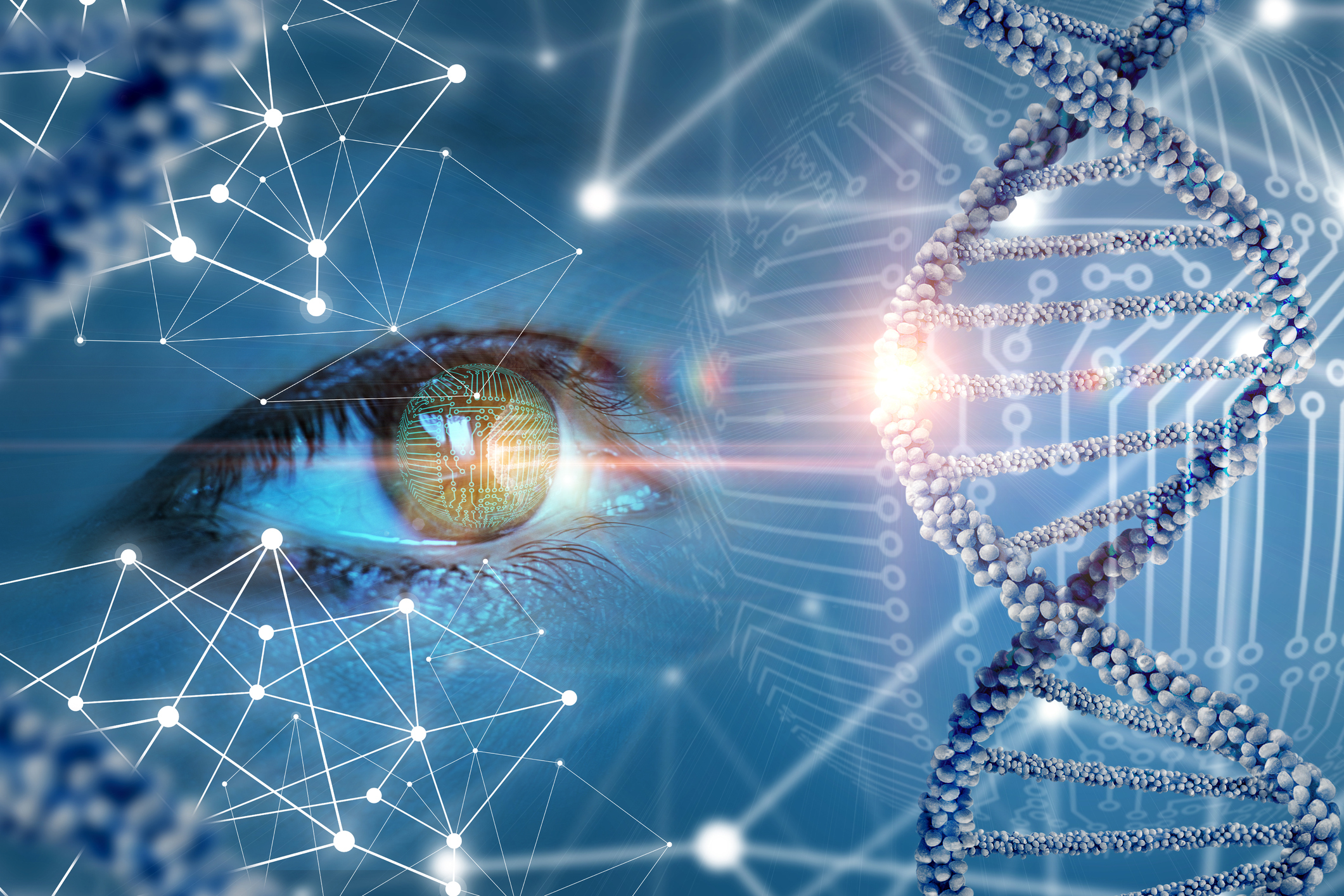Understanding the Impact of Genetics on Eye Health
Introduction
In the intricate realm of eye health, genetics plays a pivotal role in determining the risk, onset, and progression of various ocular conditions. This article delves deep into the nexus between genetics and eye health, elucidating how our genetic makeup influences ocular development, diseases, and treatment outcomes. From hereditary eye disorders to the emerging field of personalized medicine, understanding the genetic underpinnings of eye health is crucial for both patients and practitioners.
Understanding Genetic Basics
Before delving into the specifics of how genetics influences eye health, it’s essential to grasp some fundamental genetic concepts. Genes are the blueprint of our biological traits, passed down from parents to offspring through DNA. Mutations or alterations in these genes can lead to hereditary conditions, including those affecting the eyes. Additionally, complex interactions between multiple genes and environmental factors contribute to the diversity of eye-related traits and disorders.
Hereditary Eye Disorders
Numerous eye conditions have a hereditary component, meaning they can be passed down from one generation to the next. These disorders encompass a wide spectrum, ranging from relatively common conditions like nearsightedness (myopia) and astigmatism to rare genetic diseases such as retinitis pigmentosa and congenital cataracts. Understanding the genetic basis of these disorders enables early detection, genetic counseling, and targeted treatment approaches tailored to individual patients.
Genetic Risk Factors
Certain genetic variations increase the susceptibility to developing specific eye conditions. For instance, variations in genes associated with the development of the eye, such as PAX6 and OPA1, have been linked to conditions like glaucoma and optic atrophy. Similarly, polymorphisms in genes involved in the regulation of eye structure and function, such as COL1A1 and COL2A1, can predispose individuals to disorders like keratoconus and corneal dystrophies. Recognizing these genetic risk factors empowers healthcare providers to implement proactive screening measures and personalized interventions.
Impact on Treatment and Management
Genetic insights have revolutionized the approach to treating various eye diseases. With advancements in genetic testing and molecular diagnostics, healthcare professionals can identify specific genetic mutations underlying ocular conditions, facilitating precise diagnosis and prognosis. Moreover, targeted therapies, such as gene therapy and pharmacogenomics, hold promise for treating inherited retinal diseases and refractive errors. By tailoring treatment strategies based on genetic profiles, clinicians can optimize therapeutic outcomes and minimize adverse effects.
Emerging Frontiers: Personalized Medicine and Gene Editing
The advent of personalized medicine and gene editing technologies heralds a new era in ocular healthcare. Personalized medicine leverages genetic information to customize treatment plans, dosage regimens, and lifestyle interventions according to an individual’s genetic makeup. Meanwhile, gene editing techniques like CRISPR-Cas9 offer unprecedented opportunities for correcting genetic defects implicated in inherited eye disorders. While these approaches hold immense potential, ethical considerations, regulatory frameworks, and long-term safety remain paramount concerns.
Conclusion
In conclusion, genetics exerts a profound influence on eye health, shaping our susceptibility to various ocular conditions and influencing treatment outcomes. By unraveling the genetic intricacies of eye diseases, we can usher in an era of precision medicine, offering tailored interventions that maximize efficacy and minimize risks. As research continues to unravel the complexities of the human genome, the integration of genetic insights into clinical practice holds the promise of transforming the landscape of eye care, paving the way for a future where vision loss is no longer inevitable.
Summary
Understanding the interplay between genetics and eye health is crucial for diagnosing, treating, and preventing various ocular conditions. From hereditary eye disorders to personalized medicine and gene editing, genetic insights are reshaping the landscape of eye care. By leveraging advances in genetic testing and targeted therapies, healthcare providers can offer tailored interventions that optimize outcomes and improve patient quality of life.
World Eye Care Foundation’s eyecare.live brings you the latest information from various industry sources and experts in eye health and vision care. Please consult with your eye care provider for more general information and specific eye conditions. We do not provide any medical advice, suggestions or recommendations in any health conditions.
Commonly Asked Questions
Consult with an eye specialist or genetic counselor for personalized information and resources tailored to your specific needs and concerns.
Ethical considerations include concerns about safety, consent, equity in access to treatment, and the potential for unintended consequences of genetic manipulation.
Personalized medicine uses genetic information to tailor treatment plans and interventions according to an individual’s unique genetic makeup, optimizing therapeutic outcomes.
Regular eye exams, lifestyle modifications, and early intervention can help individuals mitigate the risk of developing hereditary eye conditions.
While not all genetic eye diseases have a cure, advancements in gene therapy and gene editing hold promise for correcting genetic defects and improving treatment outcomes.
Variations in genes associated with eye development, structure, and function can increase susceptibility to conditions like glaucoma, cataracts, and macular degeneration.
While genetics play a significant role, environmental factors also contribute to the development and progression of many eye conditions.
Genetic testing can identify specific genetic mutations underlying ocular diseases, enabling precise diagnosis, prognosis, and personalized treatment approaches.
Yes, many eye diseases have a hereditary component, meaning they can be passed down from parents to offspring.
Genetics can influence the risk, onset, and progression of various eye conditions, including both common refractive errors and rare hereditary diseases.
news via inbox
Subscribe here to get latest updates !







